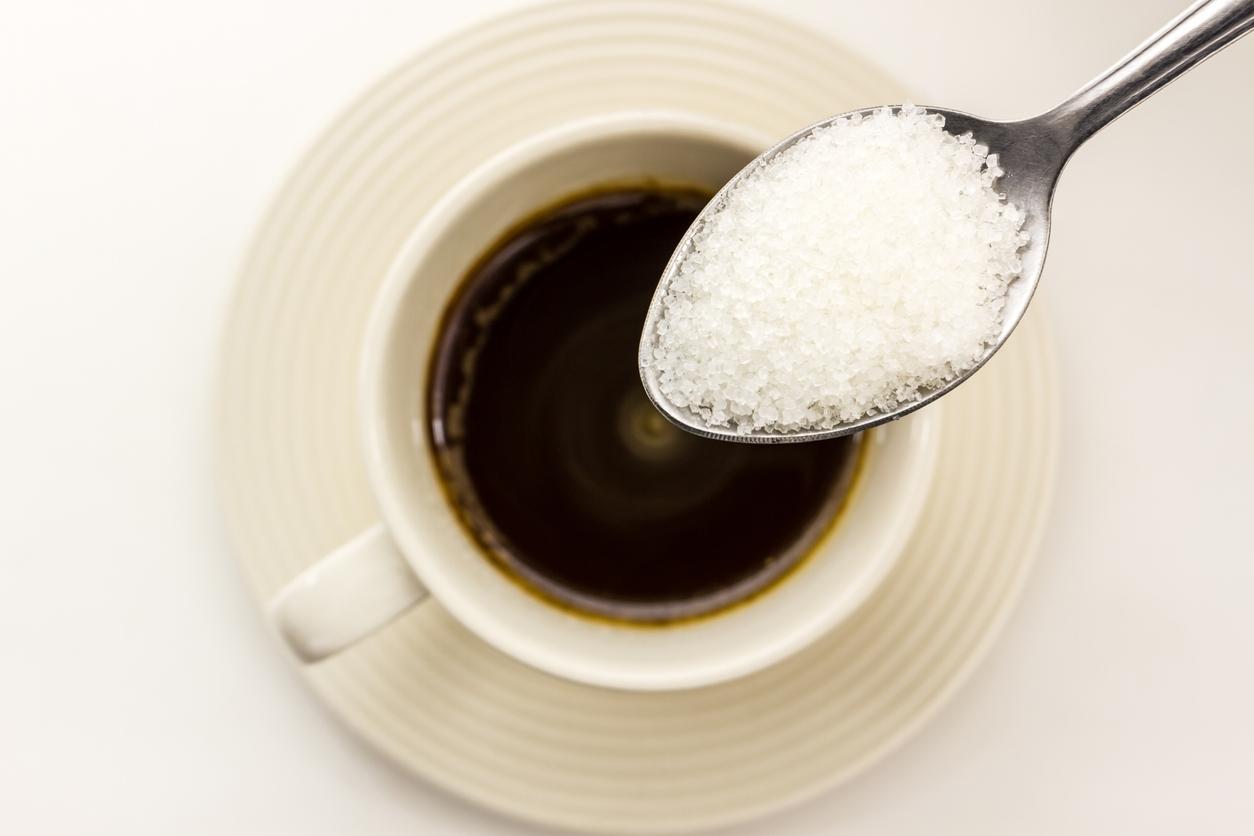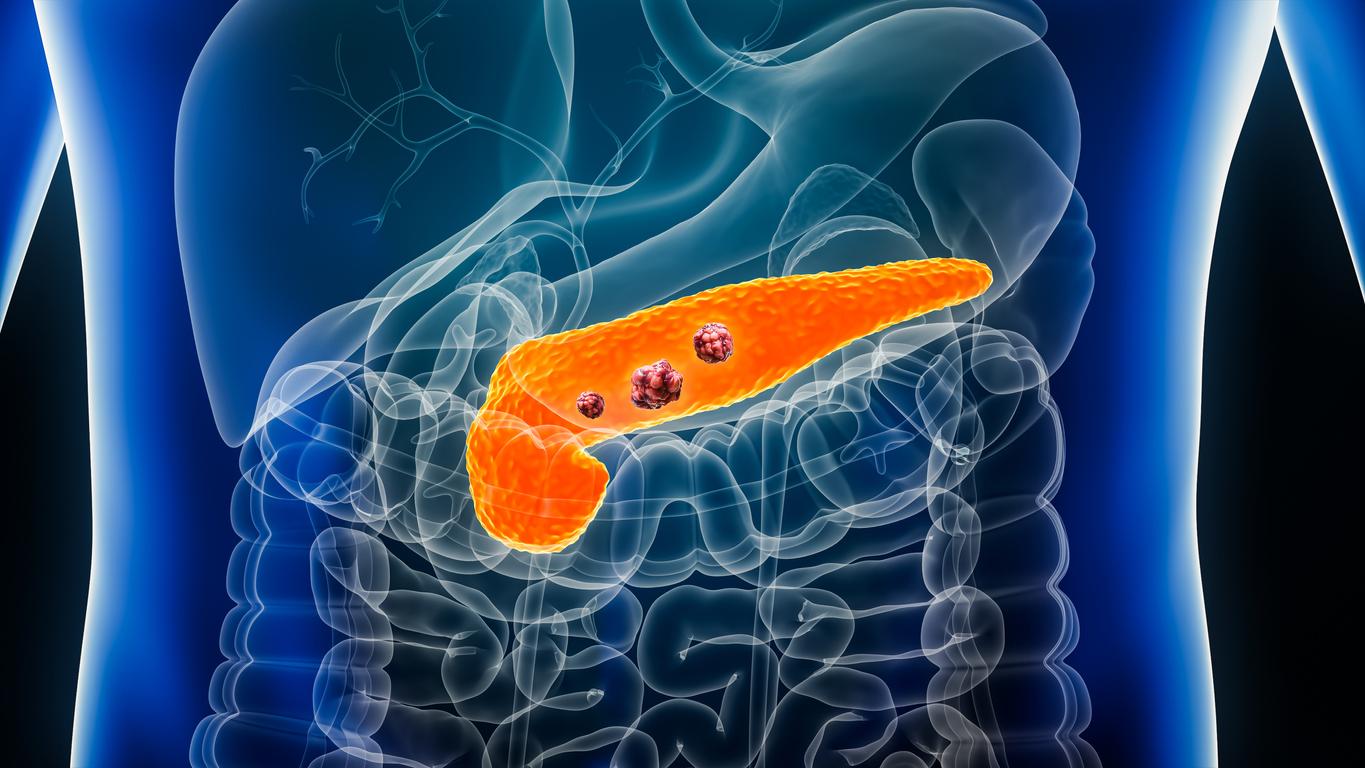Every day, an American child swallows an average of nineteen teaspoons of sugar. Faced with this worrying fact, American experts are sounding the alarm. They called, in a study published this Tuesday in the newspaper Circulation, manufacturers to limit their use of added sugars. Indeed, they estimate that American children should reduce by two-thirds the amount of foods consumed with added sugars.
However, added sugars considerably increase the risk of obesity, cardiovascular disease, hypertension, cancer and dental caries.
Recommendations for the youngest
According to the statement from the American Heart Association (AHA), babies and children under the age of 2 should not eat any foods containing added sugars and older children should limit their sugar intake to 100 calories per day. This therefore corresponds to less than six teaspoons per day of this type of food for those aged 2 to 18 years.
Much of the sugars consumed today are “hidden” in processed foods that are not usually considered sweets. Indeed, a single can of little soda, for example, contain up to 7 lumps of sugar! However, the so-called “simple” carbohydrates that these products contain actually have very little energy intake.
In France, the National Health Nutrition Plan (PNNS) recommends that adults and children increase their carbohydrate consumption so that they contribute more than 50% of daily energy intake, focusing on the share of complex carbohydrate intake (such as pasta, beans, lentils or wholemeal bread) and fiber, while reducing the share of simple carbohydrate intake from sweet products (cookies, pastries, confectionery, etc.).
The AHA preferred not to make recommendations on the effects of low calorie sugars, such as aspartame, on children’s diets due to the lack of scientific data regarding their possible benefits and dangers.
A diet without added sugars
In 2009, the AHA implemented different consumption limits for each age category. Considered too confusing, it was now a question of clarifying them. Thus, from July 2018, the amount of added sugars contained in American prepared meals must be systematically specified on the labels.
“In the meantime, the best way to avoid added sugars in your child’s diet is to feed them foods rich in nutrients, such as fruits, vegetables, low-fat dairy products, lean meat, etc. chicken, fish, and limit foods of low nutritional value, “advises Miriam Vos, nutritionist and associate professor of pediatrics at theEmory University School from Atlanta.
This study is far from being the only one alerting to the risks of consuming too much added sugar. It is in addition to the many others carried out in recent years which call for improving our eating habits to preserve our health and that of our children.
Read also :
Infographic: the health effects of sugar
Nutrition: all you need to know about carbohydrates
I rebalance my sugar consumption

















